Saudi eyes overseas farmland investments
- Arabian Business
- 16 Mar 2010
Saudi Arabia wants to secure supplies for sugar, rice, wheat, malt and fodder with farmland investments overseas, its agricultural minister said in remarks published on Tuesday.
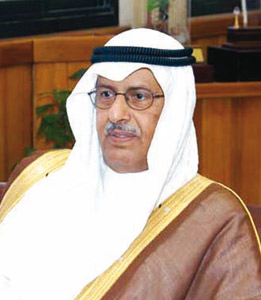
Saudi Arabia wants to secure supplies for sugar, rice, wheat, malt and fodder with farmland investments overseas, its agricultural minister said in remarks published on Tuesday.

Une transaction évaluée à plusieurs dizaines de millions de dollars est sur le point de se conclure dans une municipalité située entre Québec et Drummondville, alors que des investisseurs chinois s'apprêtent à acheter une compagnie «connue» spécialisée dans le secteur agroalimentaire ainsi que plusieurs autres propriétés.
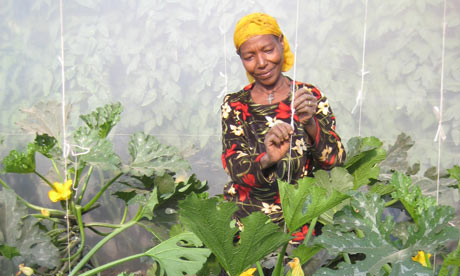
Etiopía es uno de los países más hambrientos del mundo en el que más de 13 millones de personas necesitan ayuda alimentaria, pero paradójicamente el gobierno ofrece por lo menos 3 millones de hectáreas de su tierra más fértil a países ricos y a algunos de los individuos más adinerados del mundo para que exporten alimentos a sus propias poblaciones.

Noble Group Ltd., the commodity supplier backed by China Investment Corp., wants to buy and build coal mines, ports and plantations to benefit from rising Asian demand, Chief Executive Officer Ricardo Leiman said.
.jpg)
Um grupo pouco conhecido de produtores rurais e investidores financeiros criou uma empresa com foco na aquisição de propriedades rurais no Cerrado brasileiro.
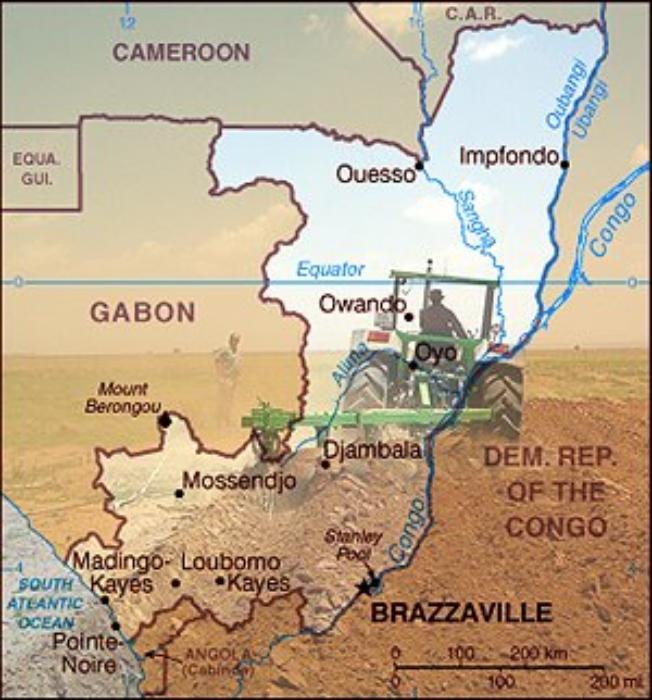
The Congo ventures are not core businesses to be based in the Congo but instead, extensions of businesses located in South Africa

Las retenciones y los continuos ruidos políticos provocaron una avanzada sin precedentes en apenas dos años. La búsqueda de negocios crece y parece no tener fin, ahora potenciada por el perfil pro empresa de Mujica. ¿En qué país se obtiene mayor rentabilidad?. Números reveladores de este fenómeno
.jpg?1346075638)
En Amérique latine, comme partout ailleurs dans le monde, les communautés subissent actuellement une nouvelle forme d’invasion de leur territoire.
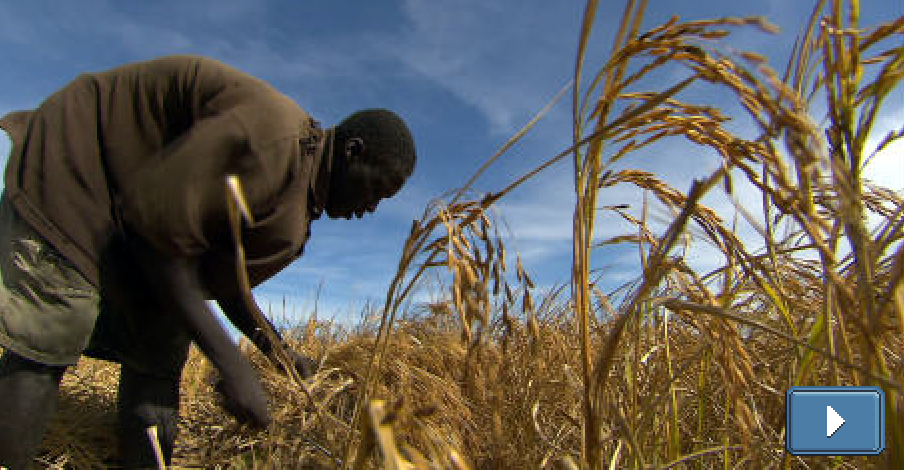
Reportage sur le projet de MALIBYA, une société libyenne, au Mali.
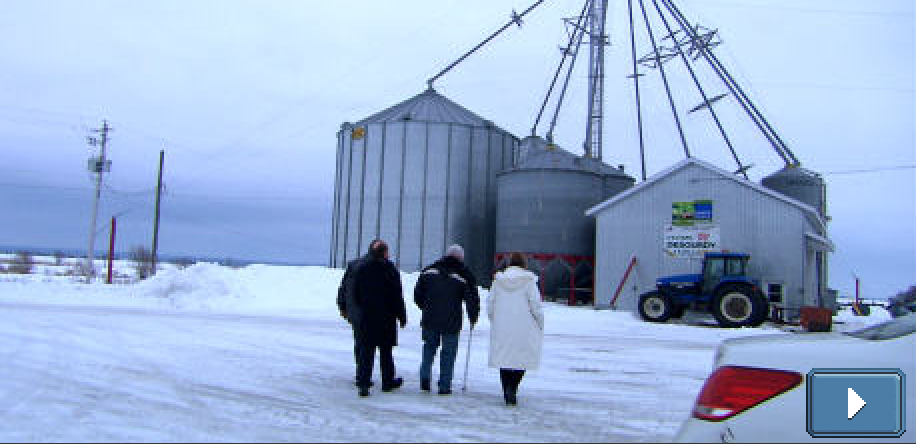
Les campagnes du Canada et du Québec attirent de plus en plus d'investisseurs chinois à la recherche de terres agricoles ou de fermes à vendre.

Plusieurs pays avec une forte croissance démographique cherchent à acquérir des terres agricoles hors de leurs frontières, avec en toile de fond la crise alimentaire. Cette quête conduit notamment des entreprises chinoises à s'intéresser à des terres arables au Québec.

We call upon Ethiopians to take note of the consequences of long-term leases of farmlands to foreign governments and companies including its potential to undermine the future existence of the Ethiopian people.

El Tejar SA, Argentina’s largest agricultural producer, is weighing an initial public offering in New York to tap rising investor demand for farming assets.
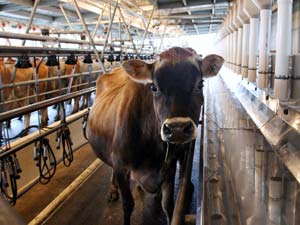
20 pays africains vendent ou louent des terres pour l’agriculture intensive sur une échelle choquante dans ce qui pourrait bien être le plus grand changement de propriété depuis l’époque coloniale. Enquête de John Vidal.
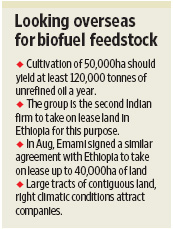
The Indian construction company has decided to cultivate pongamia pinnata and edible oil seeds there

|
Obsolètes, les réformes agraires ?
|